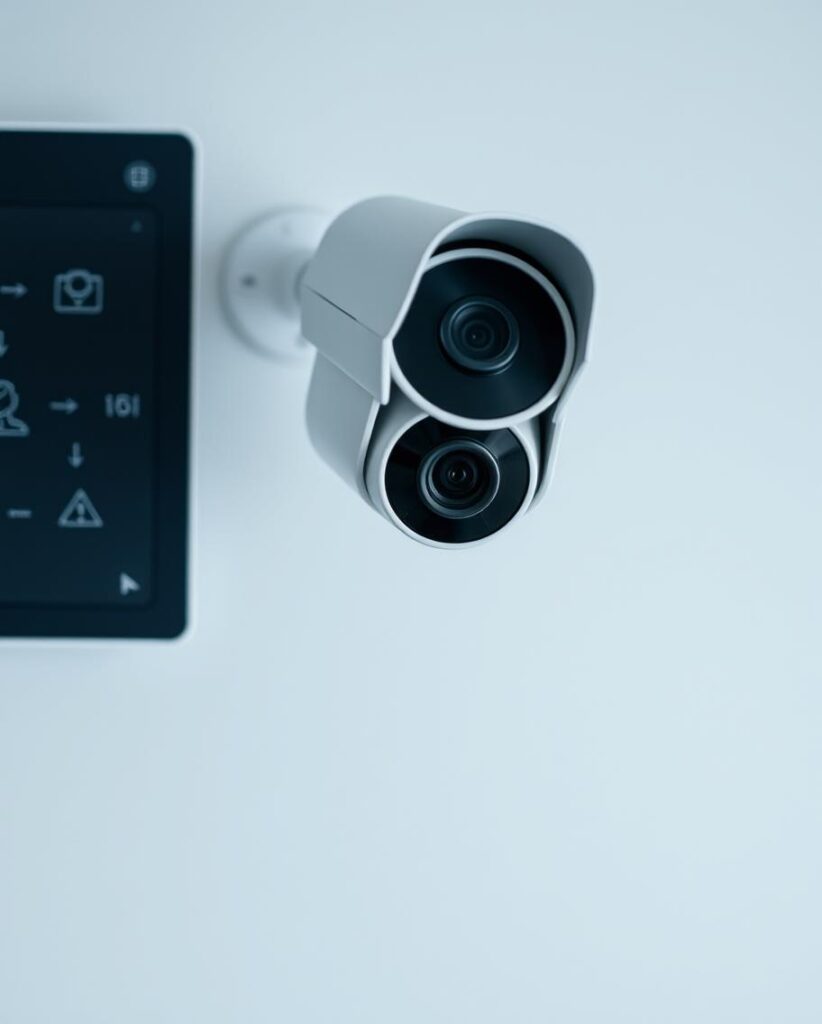
The Impact of Security Systems on Business and Society
In today’s interconnected world, security systems have become an essential part of both business operations and daily life. These systems, which include physical security measures, cybersecurity protocols, and surveillance technologies, play a crucial role in protecting assets, ensuring safety, and maintaining public trust. The impact of security systems extends beyond mere protection, influencing business success, societal well-being, and even global stability.
1. Protection of Assets and Resources
One of the most immediate and tangible impacts of security systems is the protection of assets and resources. For businesses, this means safeguarding physical assets like property, inventory, and equipment, as well as intangible assets like intellectual property and sensitive data. Security systems such as alarm systems, access control, and video surveillance deter theft, vandalism, and unauthorized access, reducing the risk of loss and ensuring that business operations can continue without disruption.
2. Cybersecurity and Data Protection
In the digital age, cybersecurity has become a critical component of security systems. With the increasing reliance on digital platforms, businesses and individuals are more vulnerable to cyber threats such as hacking, phishing, and ransomware attacks. Effective cybersecurity measures, including firewalls, encryption, and intrusion detection systems, help protect sensitive information, such as customer data, financial records, and proprietary business information. This protection is vital not only for preventing financial losses but also for maintaining customer trust and compliance with legal regulations.
3. Enhanced Safety and Risk Management
Security systems also play a crucial role in enhancing safety and managing risks. In workplaces, security measures such as surveillance cameras, emergency response systems, and security personnel ensure the safety of employees, customers, and visitors. In public spaces, security systems help monitor and manage large crowds, preventing incidents such as theft, vandalism, or violence. Effective security reduces the likelihood of accidents or security breaches, which can result in significant financial and reputational damage.
4. Business Continuity and Resilience
A robust security system is a key component of business continuity planning. By mitigating risks and preventing disruptions, security systems help businesses maintain operations even in the face of challenges such as natural disasters, cyberattacks, or security breaches. This resilience is crucial for minimizing downtime, reducing financial losses, and ensuring that the business can continue to serve its customers and fulfill its obligations.
5. Building Trust and Reputation
Security systems contribute significantly to building trust and maintaining a positive reputation. For businesses, demonstrating a commitment to security reassures customers, partners, and stakeholders that their data, assets, and personal safety are prioritized. A strong security posture can also be a competitive advantage, particularly in industries where trust is paramount, such as finance, healthcare, and e-commerce. Conversely, security breaches can lead to significant reputational damage, loss of customer trust, and legal consequences.
6. Legal and Regulatory Compliance
In many industries, security systems are not just a best practice but a legal requirement. Regulations such as the General Data Protection Regulation (GDPR) in Europe, the Health Insurance Portability and Accountability Act (HIPAA) in the United States, and various financial regulations mandate stringent security measures to protect sensitive data and ensure privacy. Compliance with these regulations is essential for avoiding legal penalties, maintaining customer trust, and ensuring the continued operation of the business.
7. Social and Economic Stability
On a broader scale, security systems contribute to social and economic stability. By preventing crime, terrorism, and cyberattacks, security systems help maintain public order, protect critical infrastructure, and ensure the smooth functioning of society. This stability is essential for economic growth, as businesses and governments can operate with confidence, and individuals can go about their daily lives without fear.
8. Innovation and Technological Advancement
The ongoing need for security has also driven innovation and technological advancement. The development of advanced surveillance technologies, biometric security, artificial intelligence (AI) in security, and cybersecurity tools has not only improved the effectiveness of security systems but has also created new industries and job opportunities. As threats evolve, so too do the technologies designed to counter them, leading to a continuous cycle of innovation that benefits society as a whole.
Conclusion
The impact of security systems on business and society is profound and far-reaching. From protecting assets and ensuring safety to building trust and fostering innovation, security systems are an essential component of modern life. As technology continues to advance and the threat landscape evolves, the role of security systems will only grow in importance, shaping the future of businesses, economies, and societies around the world.
